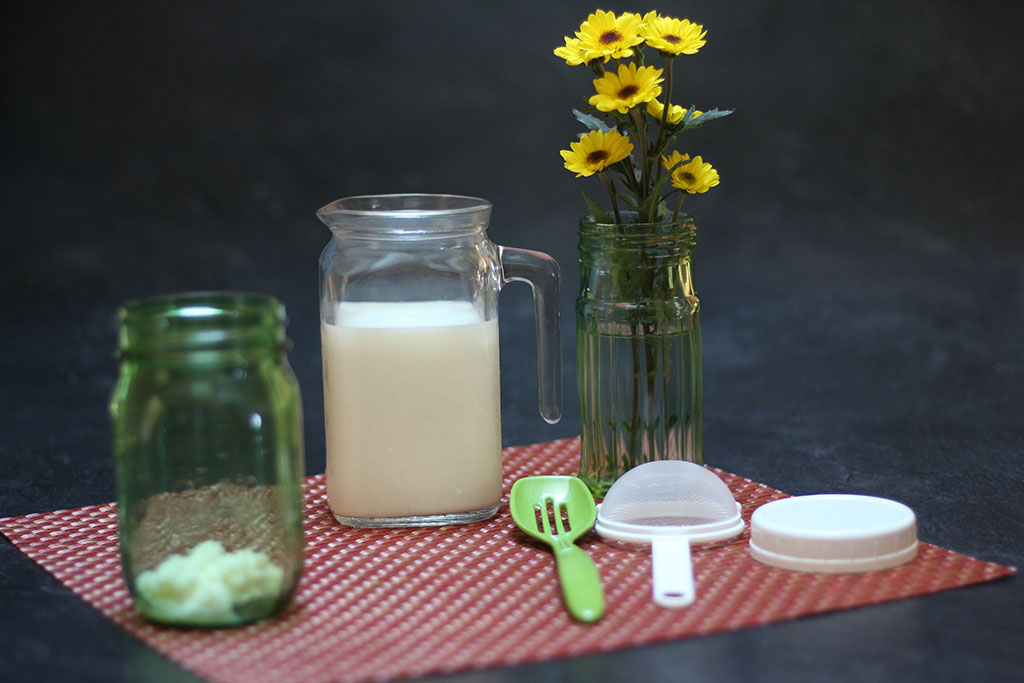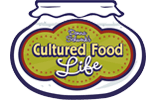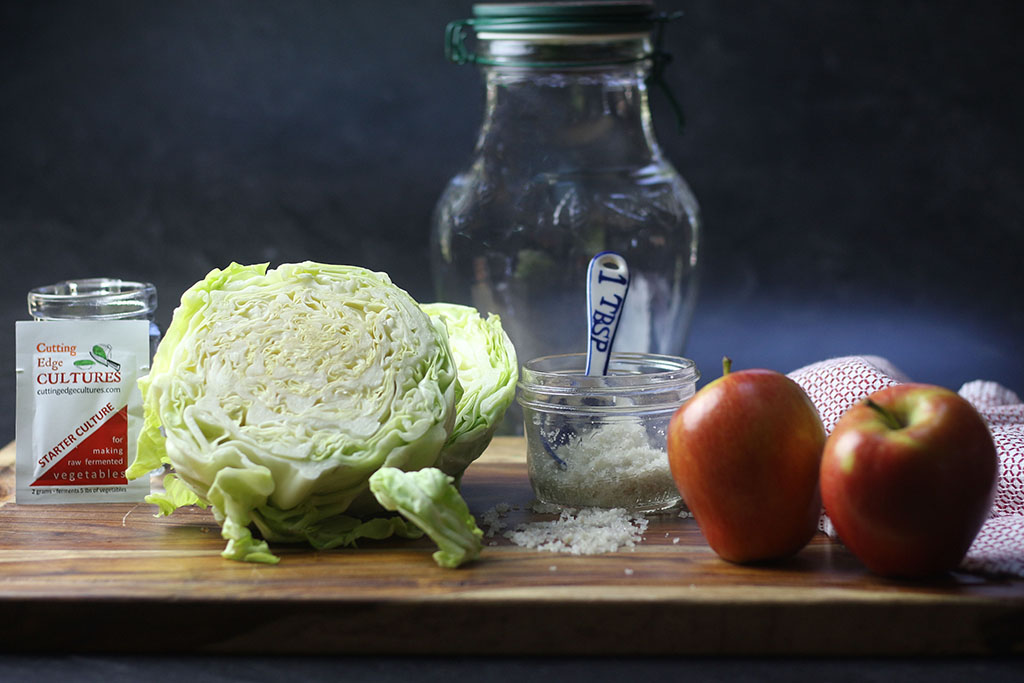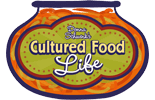
Are Probiotic Foods Stronger — Than Probiotic Supplements?
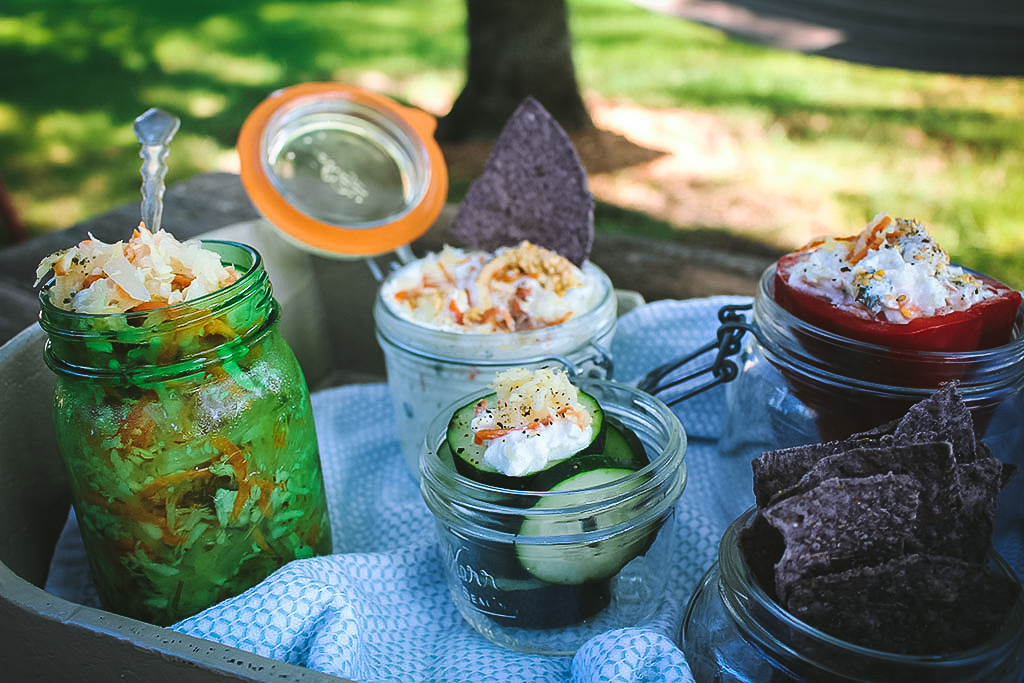
Part of the secret to a healthy body is to eat probiotic foods and let the food fight it out inside.
Donna
Many people wonder if probiotic pills provide the same benefit as probiotic foods since they seem to be marketed in the same way—healthy bacteria for our guts. However, probiotic foods work significantly better because of their construction. To get into the small intestine and colon, where they do the work of breaking down and processing food and powering up the immune system, the bacteria first have to move through the stomach. This harsh gastric environment is filled with acids, digestive enzymes, and bile salts secreted by the liver and gallbladder designed to kill bacteria that otherwise might harm you.
When you eat a probiotic food, the food itself provides a protective armor that helps shield the friendly bacteria. Food acts as a buffering agent against the acidity of the stomach. It also speeds the transport out of the stomach, thus keeping the good bacteria intact. Lactobacilli and bifidobacterial species appear to be especially resistant and survive by adaptive strategies, which are enhanced by the presence of glucose in simulated gastric juice.[1]
Probiotic pills are often trapped in the acids of the stomach, and the probiotics are killed before the body ever gets a chance to use them. So consuming probiotic foods such as kefir, kombucha, and cultured vegetables is far more effective than taking pills.
Fermented Foods aid Digestion
Foods that are fermented help with digestibility because they are predigested, meaning that the microbes consume the food components and release the broken down metabolites. They're loaded with digestive enzymes that help you receive the benefits of enhanced digestion. I saw this profoundly when my daughter had IBS and had a terrible time digesting her food. If she had a fermented food with her meals, she digested the meals with ease. Supplements don't offer these benefits since they are not a living fermented food. Another interesting distinction of fermented foods is that digestive enzymes can also be released into the food from microbes after they die, this will also further help you with digestion. [2]
Fermented foods and drinks are so powerful that they work immediately, flooding your body with good bacteria. Once you consume them, be it in a jar of kefir, a spoonful of veggies, or a glass of kombucha, they begin working at once. All the way down to your gut.
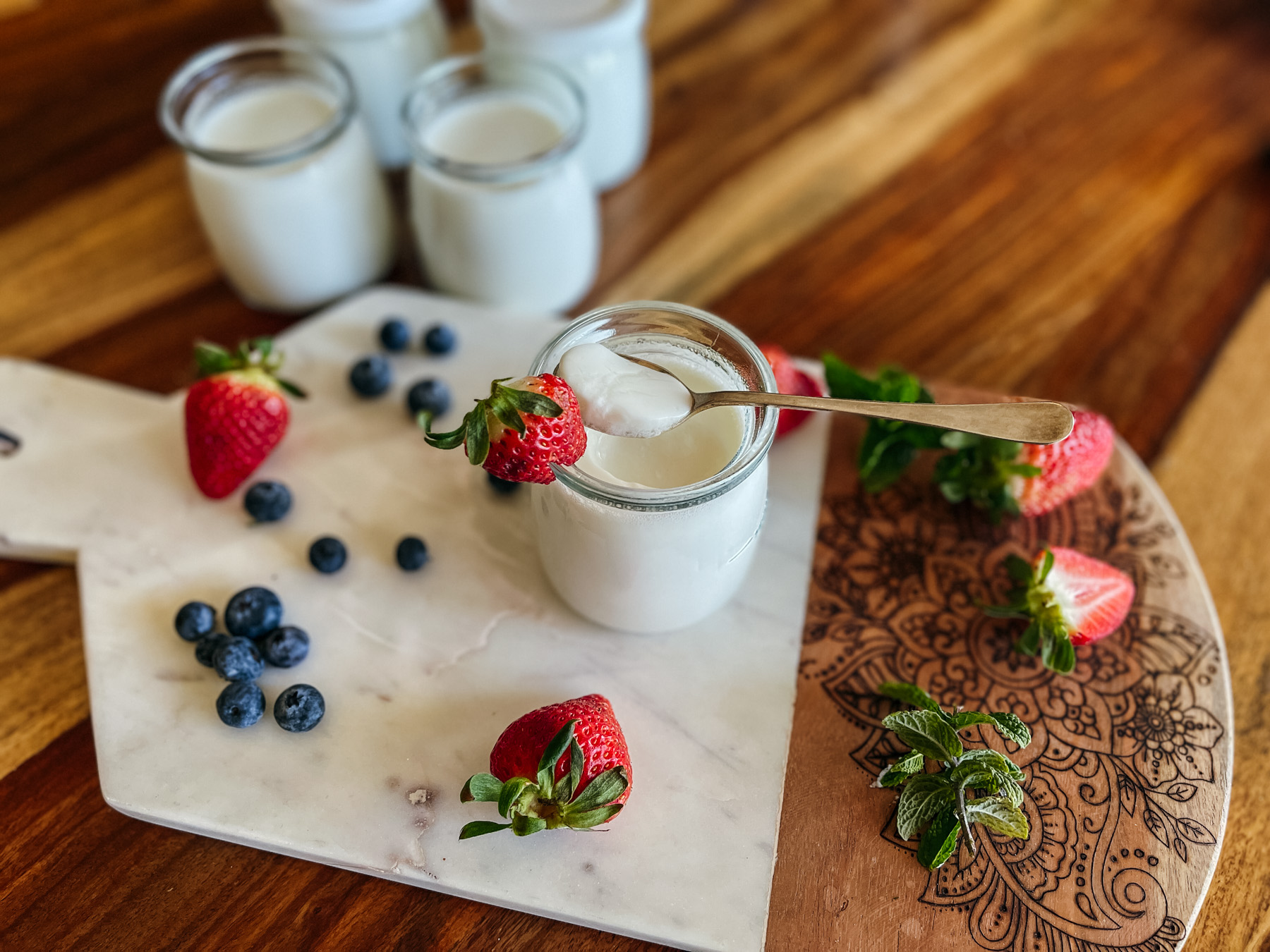
Stronger Than Supplements
Many of the supplements on store shelves are void of actual probiotics. They can die if they sit too long. Testing done at Bastyr University in Washington revealed that 10 of the 22 probiotics researched contained fewer viable organisms than advertised, and 3 of those 22 probiotics were actually for pets and not for humans. Actually, 4 out of 20 probiotics contained no sign of living, friendly bacteria.
Dr. Mercola, from Mercola.com, stated, "Fermented foods not only give you a wider variety of beneficial bacteria, they also give you far more of them, so it’s a much more cost-effective alternative. Here’s a case in point: It’s unusual to find a probiotic supplement containing more than 10 billion colony-forming units. But when my team actually tested fermented vegetables produced by probiotic starter cultures, they had 10 trillion colony-forming units of bacteria. Literally, one serving of vegetables was equal to an entire bottle of a high potency probiotic! [3] So clearly, you’re far better off using fermented foods."
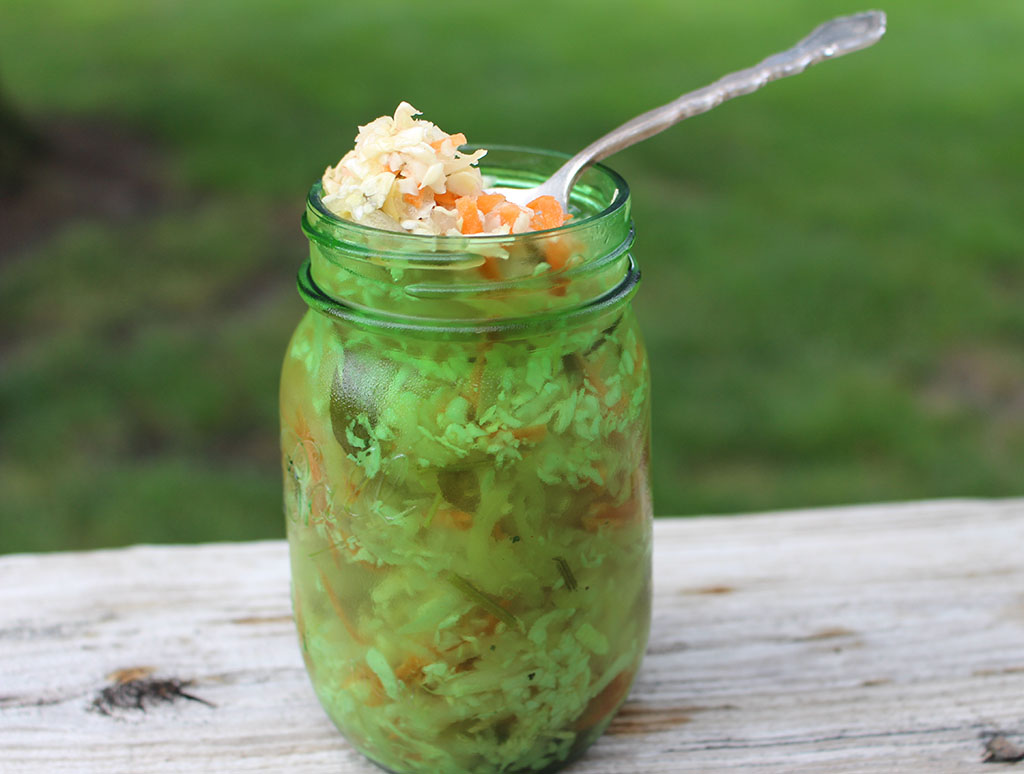
Supplements Opening Up in the Wrong Place
One of the problems I'm seeing more and more is SIBO (Small Intestinal Bacterial Overgrowth). I worry because so many are saying that it is being caused by an overuse of probiotic supplements. I'm not saying all probiotics are bad, you just need to be careful. You can't always guarantee where supplements will open up in the body. It's normal and healthy to have certain specific strains of good bacteria living in your small intestine, but too many can cause problems — especially if they're the wrong kind and don't belong there.
Lactobacillus reuteri is one strain that takes residence in the upper GI tract and produces natural antibiotics called bacteriocins that are very effective against undesirable bacteria species that live in the small intestine that can cause SIBO. Loss of this special species is likely the reason more and more people are experiencing SIBO. Check out this article to learn more.
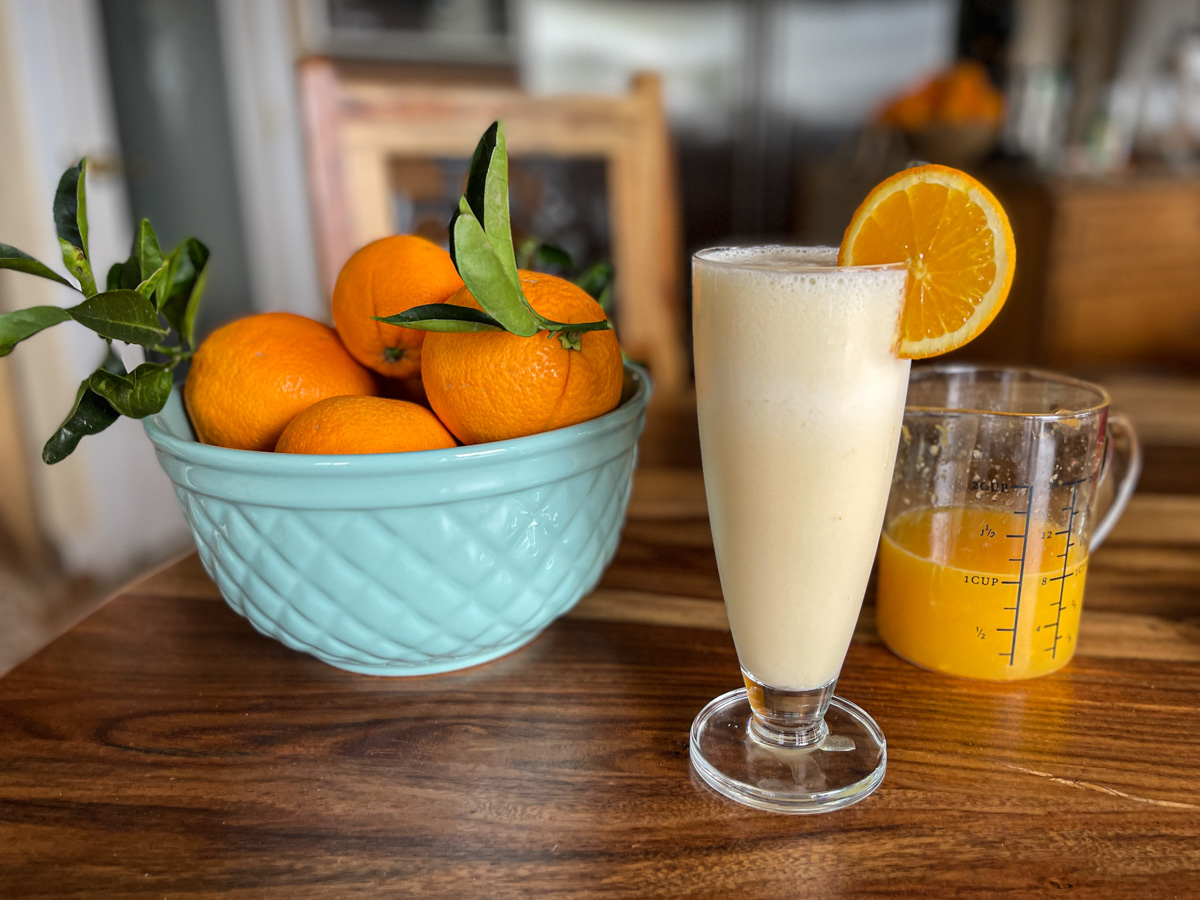
Kefir — 10 Billion CFUs
Kefir Grains contain billions of bacteria. It was shocking to me how different I felt when I switched from probiotic supplements to kefir. I noticed within a day that something was happening inside of me, and in less than a month I was free from diabetes and high blood pressure. I was convinced and began to tell my friends. I watched as person after person - suffering from everything you could imagine - improved after consuming kefir.
The main polysaccharide in kefir grains is kefiran, which is a heteropolysaccharide composed of equal proportions of glucose and galactose and is produced by the many strains of lactobacillus in kefir grains. Kefiran has antitumor, antifungal, and antibacterial properties and can help regulate the immune system in a powerful way. [4]
A professor of microbiology at the University of Florida was a regular consumer of goat milk kefir and decided to have his class test the kefir he drank from Glades Ridge Goat Dairy Farm. Testing showed 10 billion CFU (colony forming units) per ml! [5] More testing is being done on different milks using kefir grains, but this is quite impressive.
Easy Kefir Powder (which is made from kefir grains using whole dairy milk) has been tested to contain over 3 billion live bacteria and over 50,000 lactic yeasts per gram. The kefir made with it will typically contain +/- 1 billion active bacteria and +/- 10,000 lactic yeasts per gram or ml.
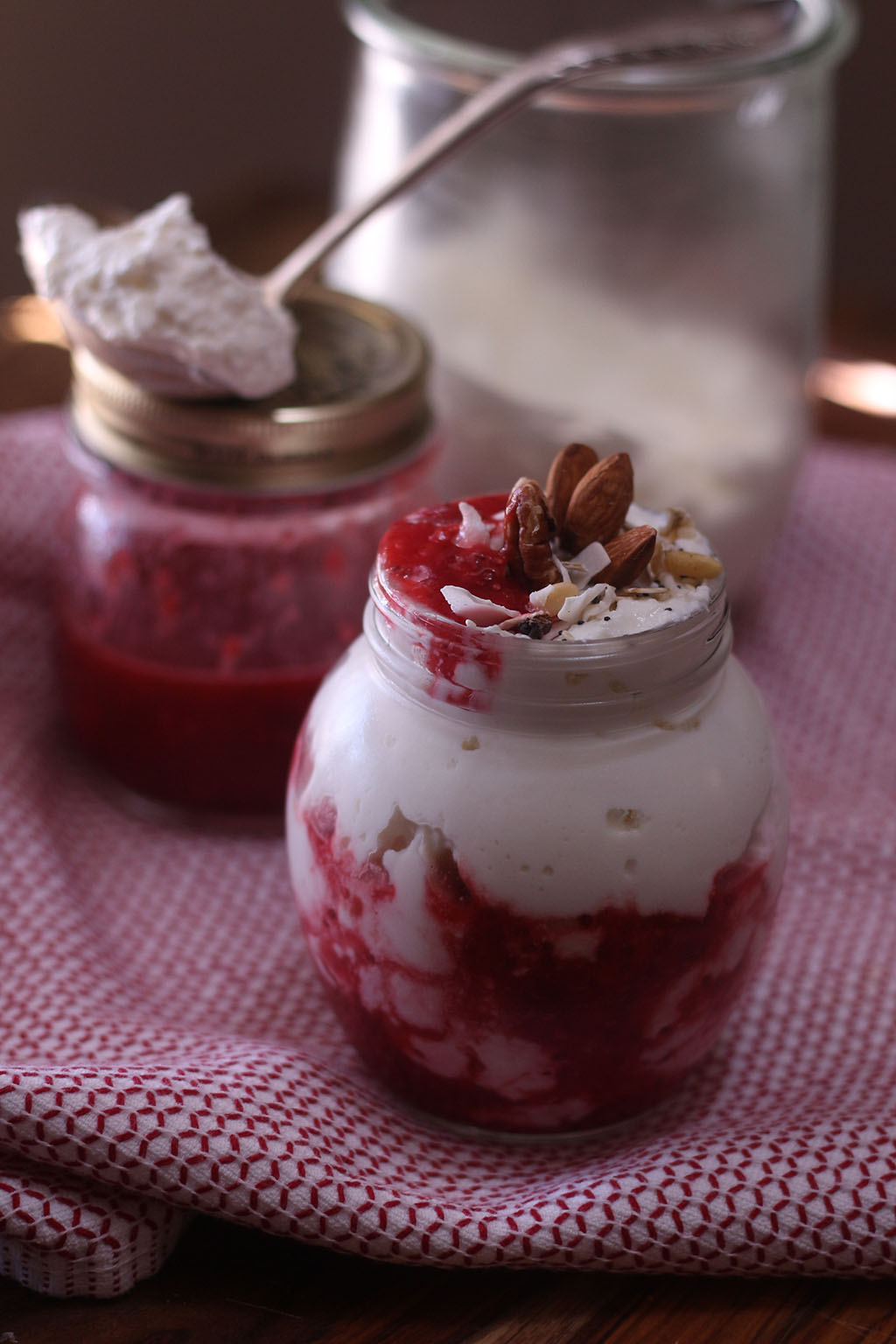
Cultured Foods Are Inexpensive
You really need to try them to see for yourself just how different you feel while eating probiotic foods. Don’t you always find that homemade foods are better for you? Well, these foods are no exception. While I believe there are a lot of really good probiotic foods selling in health food stores, you never know how long they’ve been there and the longer they sit, the fewer probiotics you will receive. I took probiotic pills for years and found very little change in my health. Contrast this with adding cultured foods to my diet and the results were dramatic. I started to feel alive inside and health problems began to vanish. The money I spent on probiotic pills was more than I care to recall. Cultured foods are inexpensive, more potent than pills, and the logical way the body wants to receive these beneficial bugs. I tried the supplemental route, but then I found cultured foods; and well, the rest . . . is history.
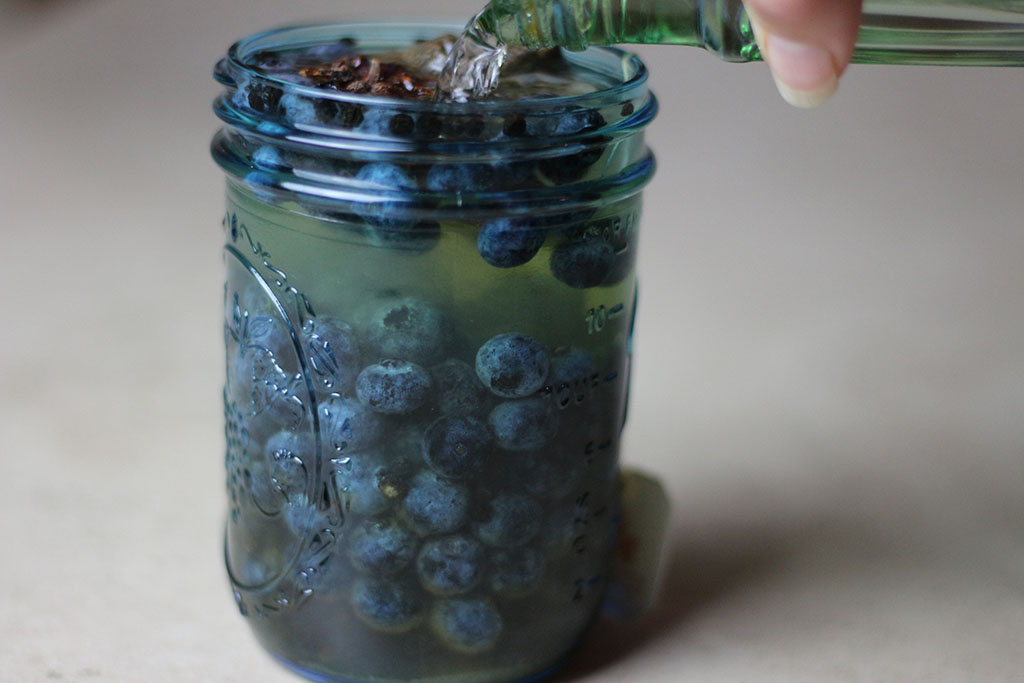
Listen To My Podcast
Many people wonder if probiotic pills provide the same benefit as probiotic foods since they seem to be marketed in the same way—healthy bacteria for our guts. Probiotic foods work significantly better because of their construction. Tune in to listen and learn more.
References:
- https://www.routledge.com/Handbook-of-Fermented-Functional-Foods-Second-Edition/Farnworth/p/book/9781420053265
- https://www.ncbi.nlm.nih.gov/pmc/articles/PMC1151822/
- https://articles.mercola.com/sites/articles/archive/2012/05/12/dr-campbell-mcbride-on-gaps.aspx
- https://www.ncbi.nlm.nih.gov/pmc/articles/PMC4626640/
- https://www.living-technologies.info/surprising-probiotic-count-of-kefir-revealed-a-re-post/
Are you on the list?
Sign up today and I'll send you my free Getting Started Guide!
Each week I'll send you updates, tips, recipes, and more! You might even be a winner of my weekly giveaway! (starter cultures, memberships, and more!)
Come be a part of my cultured food family!

